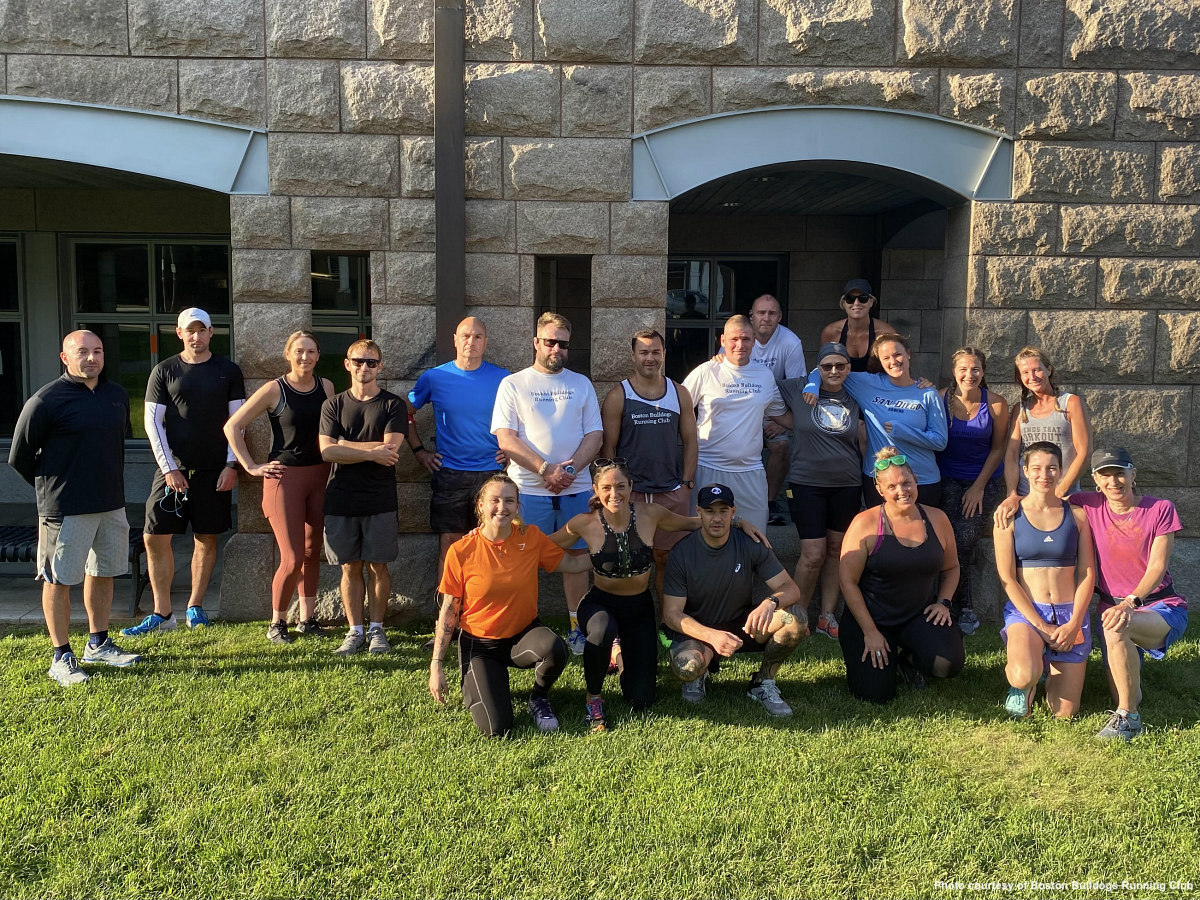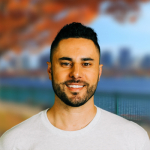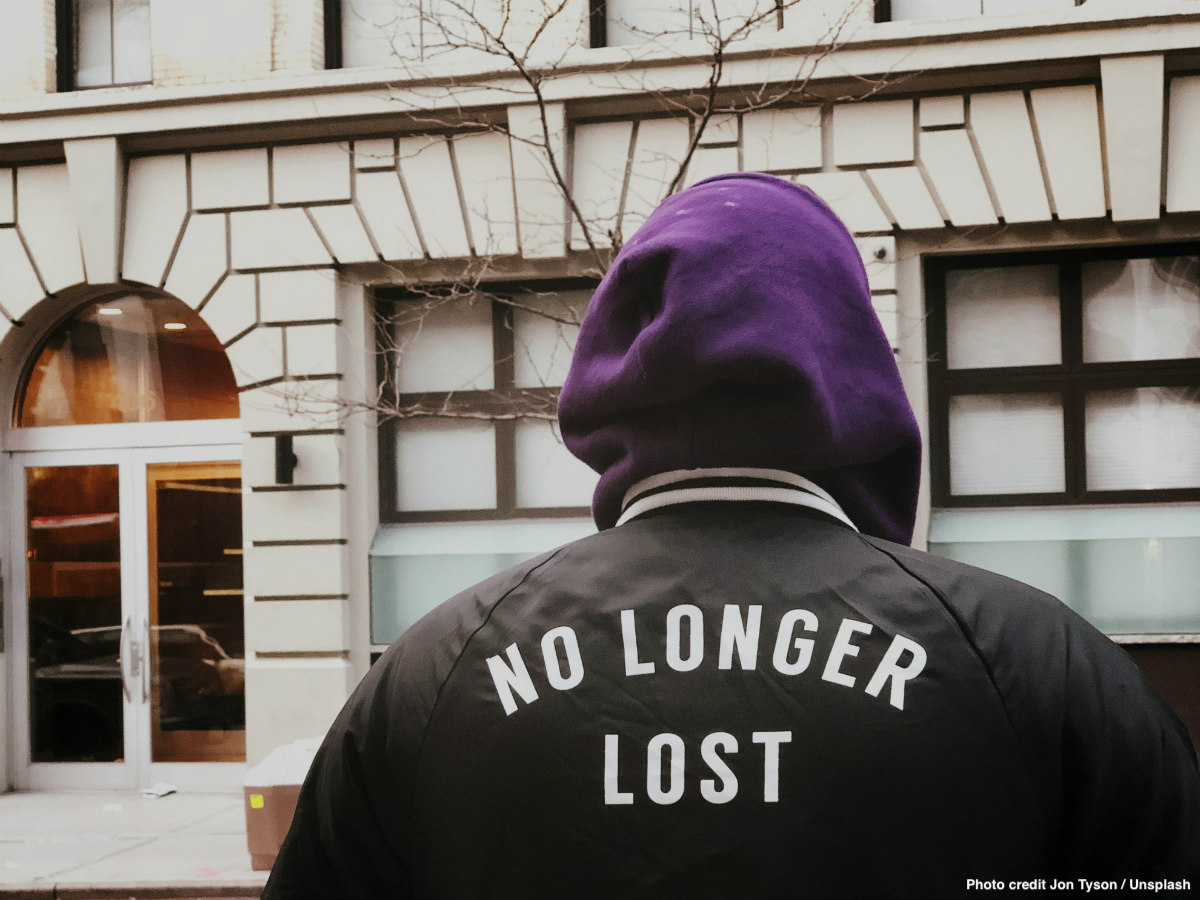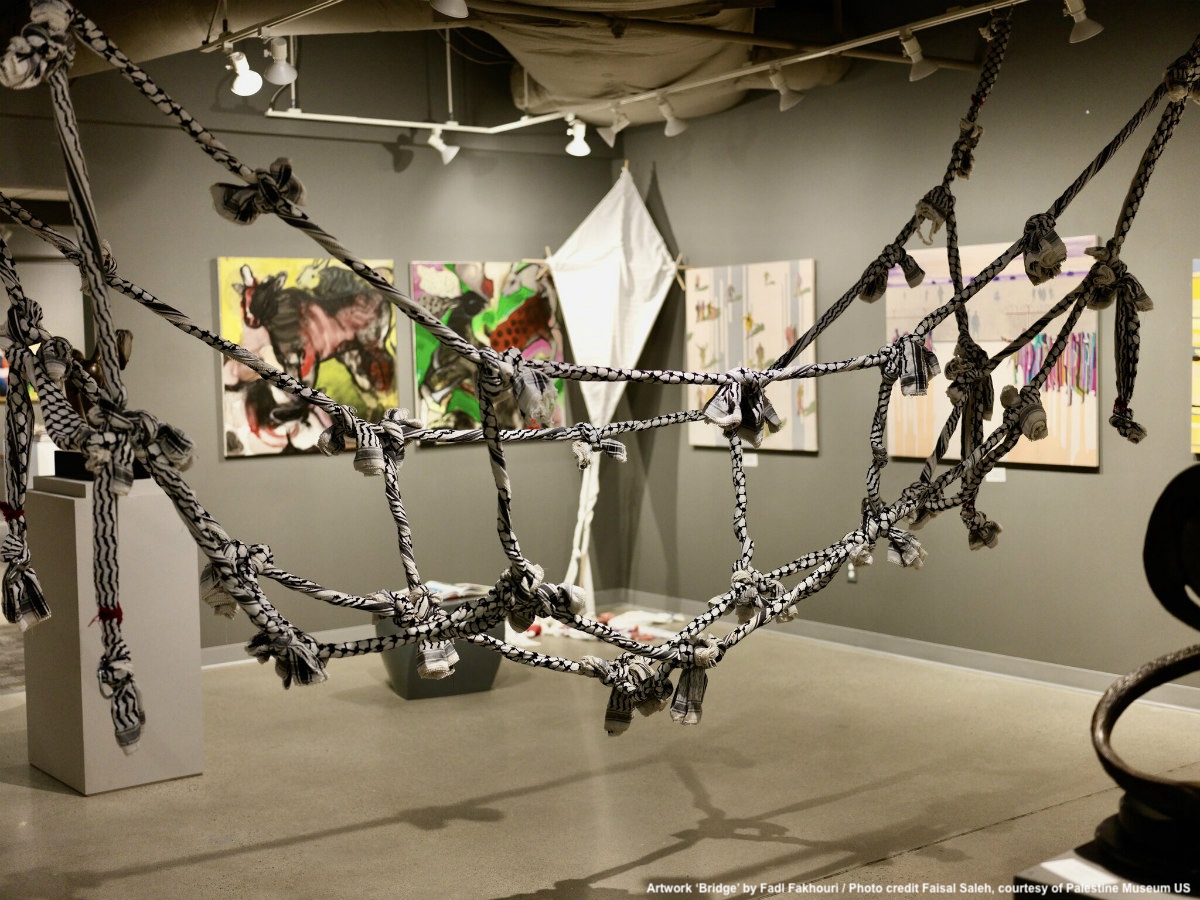Every Saturday morning a group of runners gather by Boston’s Chestnut Hill Reservoir with individual goals, but one common purpose. These aren’t the types of runners who are comparing shoes or how many marathons they have under their belts, the members of the Boston Bulldogs Running Club are seeking health, support, and community in their recovery from drug and alcohol addiction in the midst of a crisis.
In 2015, The City of Boston reported that over 11% (67,000) of its residents are “suffering from some form of substance abuse.” As of 2016 data reported by the National Survey on Drug Use and Health (NSDUH) showed that just over 955,000 Massachusetts residents admitted to using illegal or illicit drugs within the last month. The most recent data coming from the Centers for Disease Control and Prevention in 2020 shows that drug related deaths in Massachusetts have risen by over 33% since 2015. It’s safe to say the crisis of drug addiction has raged at A-list level in the US.
Motivated by his own experience with addiction rehabilitation, Coach Mike Ferullo founded the running club to share the evidence of the benefits of running with others and contribute to their success on the path to recovery. In 2015, the Boston Bulldogs Running Club (“the Bulldogs”) was officially established as a non-profit. Since then it strives to alleviate addiction-related suffering and save lives with its unique holistic approach to wellness.
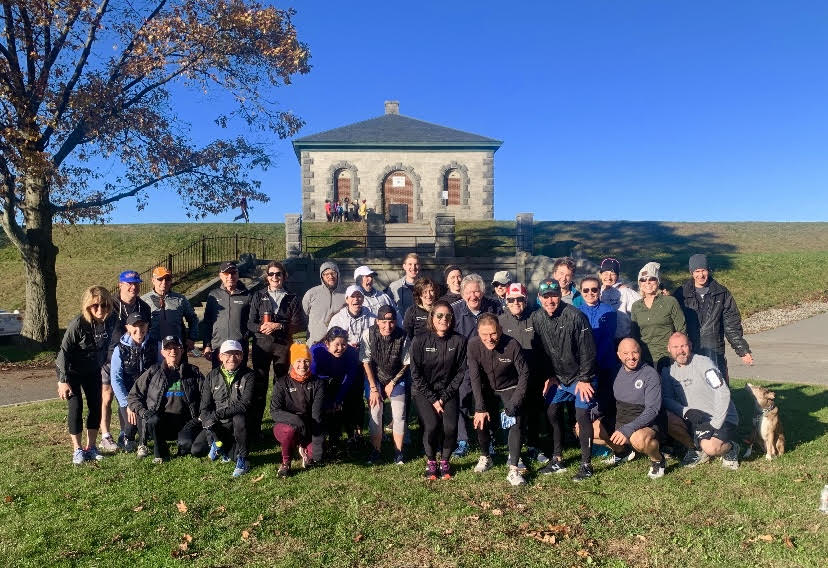
Program Director Meaghan Langlois has been with Ferullo and the club from day one. Immediately, she “found something [in the club] to keep her motivated, sober, and inspire others to do the same.” In our conversation on the phone, she pointed out that the Bulldogs is “basically a running club for people who are either in recovery or who have been impacted by addiction or simply support the idea of wellness and recovery.” This includes family members of those struggling with addiction.
In a small city hit hard by the opioid crisis like the Greater Boston area, almost everyone falls into the “impacted” by drug addiction category, making the Bulldogs open to essentially anyone. In fact, most people find this running club by word of mouth. Other members join the club through the club’s partnership with multiple inpatient and outpatient addiction treatment facilities, yet the core component of the club is to therapeutically support people who are in recovery.
When you run with somebody, it’s a weird dynamic because you can end up sharing more than you would normally share because you’re both running and you’re not necessarily looking eye to eye.
Or as Langlois puts it, they “try to be a resource for anybody that is relocating into a community” and don’t want to go through this alone. Once a new member of the club joins one of their weekly group runs, they have the option to join the Full Circle program. Through this program they receive an individual assessment and training plan from a certified training coach as well as encouragement and support from a Bulldog wellness sponsor. Also financial support is available for gear, entry fees, ongoing coaching and wellness programs.
With such easy access, there are no ifs, no buts, or any excuse for not running. Come rain or shine, the running club meets four times weekly in 3 different locations (Boston, Quincy, Plymouth) for group runs. Each group features a diverse collection of general members, Full Circle program participants, and training mentors who are often Full Circle graduates. In the cold Boston winter months you’ll also find members training for the iconic Boston Marathon in a fundraising effort for the club.
Nearly seven years on, the Boston Bulldogs Running Club has around 400 members and 120 have completed the Full Circle training program. One of them is Sara Wayman. She told me that she joined the Bulldogs and the Full Circle program in 2020 just under three years into her challenging life shift into sobriety and just months into the COVID-19 pandemic, which triggered relapses for many in recovery. She heard Langlois speak about the Club at an Alcoholics Anonymous (AA) meeting and as an on-and-off runner, the concept made a home in the back of her mind.
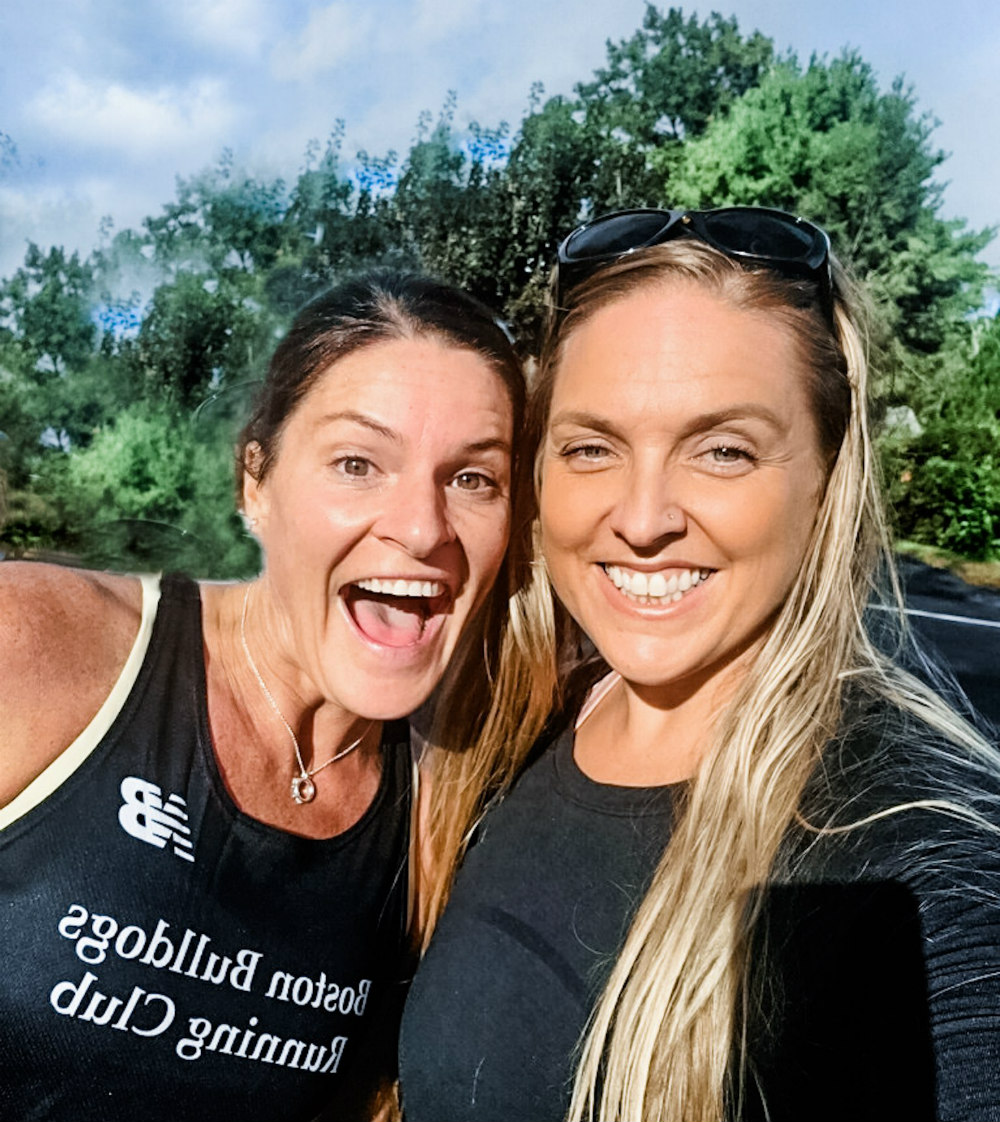
Though sober, Sara wasn’t in a good place mentally or physically. The Bulldogs were that missing piece of the puzzle for her because, as she puts it, “it was a group of like-minded people who wanted to do something healthy.” As it is common with many folks seeking sobriety, when Wayman made the decision to stop using alcohol in 2017, she found herself immediately cut off from her community of drinking friends. She felt the shame, isolation, and embarrassment that so often leads to a relapse. “It took me probably over two years of my recovery before I came to terms that those people that dropped me that quickly, when I was quitting, didn’t want what was best for me.”
Wayman said those years between quitting and finding the Bulldogs were miserable, but she stayed committed, motivated by the love for her young son. Accepting the loss of her “friends” allowed her to be more open and fill that void she felt with other people. “With the Bulldogs I saw that there were people out there that liked me for who I was as a person. I have people around me, a smaller group that have stood by me getting sober.”
The existence and success of organizations like the Bulldogs is part of a growing need in recovery treatment across the country to tackle the drug addiction crisis. Traditional treatments like therapy, group meetings, and medication are still important, however more recently they are seen as not enough on their own for many fighting addiction.
Just a short drive from Boston on Cape Cod is a like-minded organization Be Free Wellness (BFREE) founded by Ayanna Parrent. BFREE provides both traditional counseling and supplements it with their robust schedule of group fitness classes, yoga classes, and mindfulness workshops. On an even larger scale is The Phoenix organization, a national movement of cross training gyms with locations in 45 states. Their mission is to “build a sober active community that fuels resilience and harnesses the transformational power of connection so that together we rise, recover, and live.”
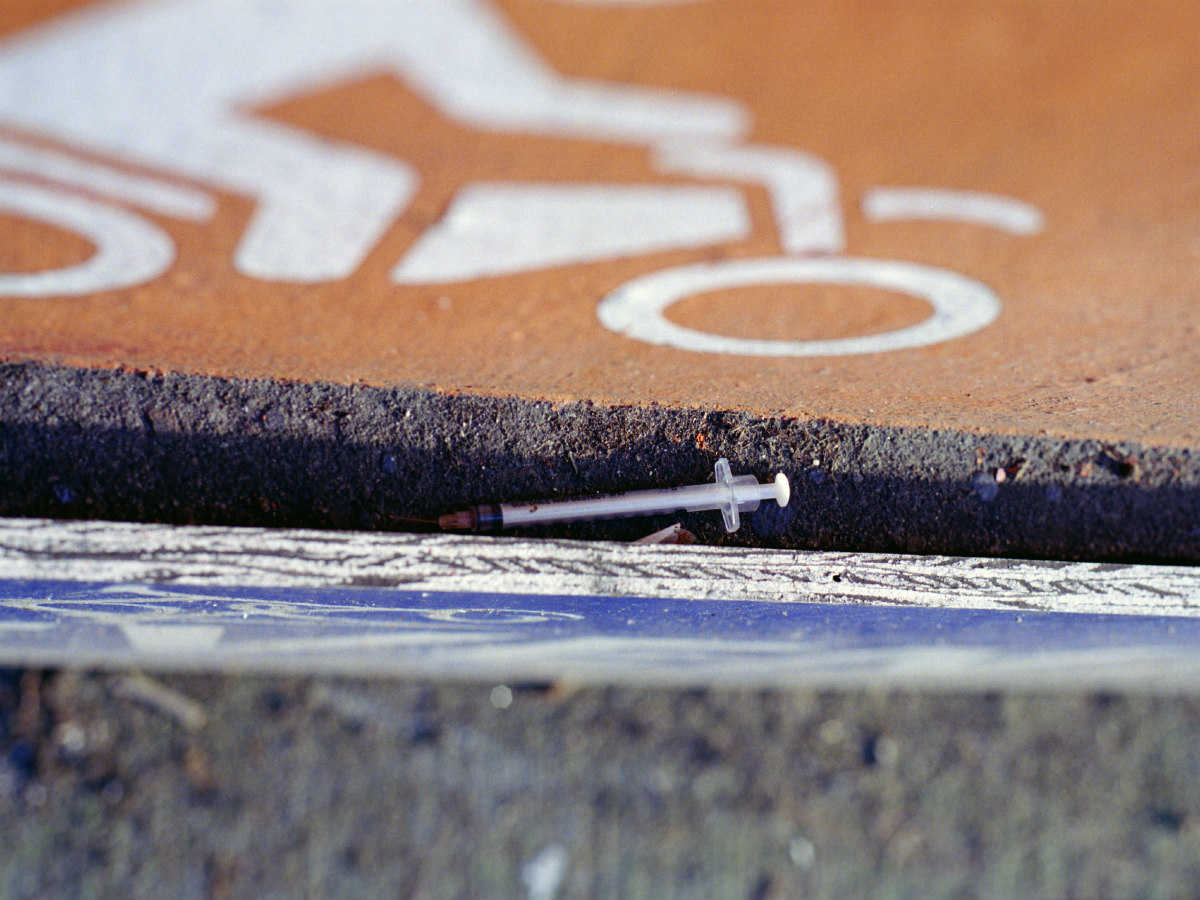
While centered around physical fitness, the true impact of organizations like these is generated through their ability to leverage the organic bond that comes with working out together into a close knit support network crucial to the recovery process.
In a like manner, Wayman explained to me how physical activity was the catalyst to a much deeper support system for her, “when you run with somebody, it’s a weird dynamic because you can end up sharing more than you would normally share because you’re both running and you’re not necessarily looking eye to eye. I found that I was sharing more openly, I wasn’t holding back. So I think definitely being more transparent, more vulnerable. And then through that, I was making connections in these friendships.”
Statistics conservatively estimate that 40-60% of people with addiction will experience a relapse with the most common cause being high levels of stress without a healthy place to channel it. The Bulldogs Club has helped Wayman, and many others manage her stress in both a healthy and supportive way. “Because we were getting time together and talking I was building these really strong friendships quicker than I was in AA. Because it was an element where we’re going out or hitting the pavement and we’re able to share one on one or in a smaller group. When I shared something, most of the time other people that I was running with could either relate or had feedback.”
Wayman’s experience in her Full Circle run training encapsulates the impact the Bulldogs have on its members, “at the beginning when I was the slowest person, I was never judged or left alone. Even if I kept saying no, no, no, go ahead don’t wait for me, they never did. They never left me. That’s something that’s really important.”
While the drug addiction crisis continues to plague cities like Boston, innovative and holistic supplement treatments to traditional ones, like the Bulldogs, are not only bringing people together in a powerful way, they’re saving lives.
